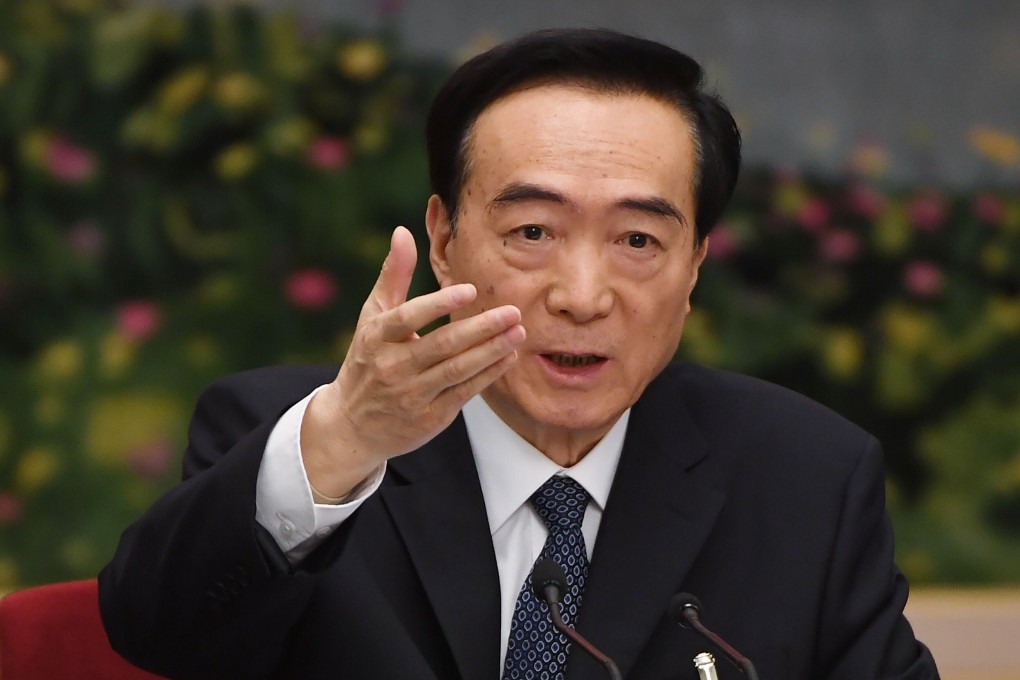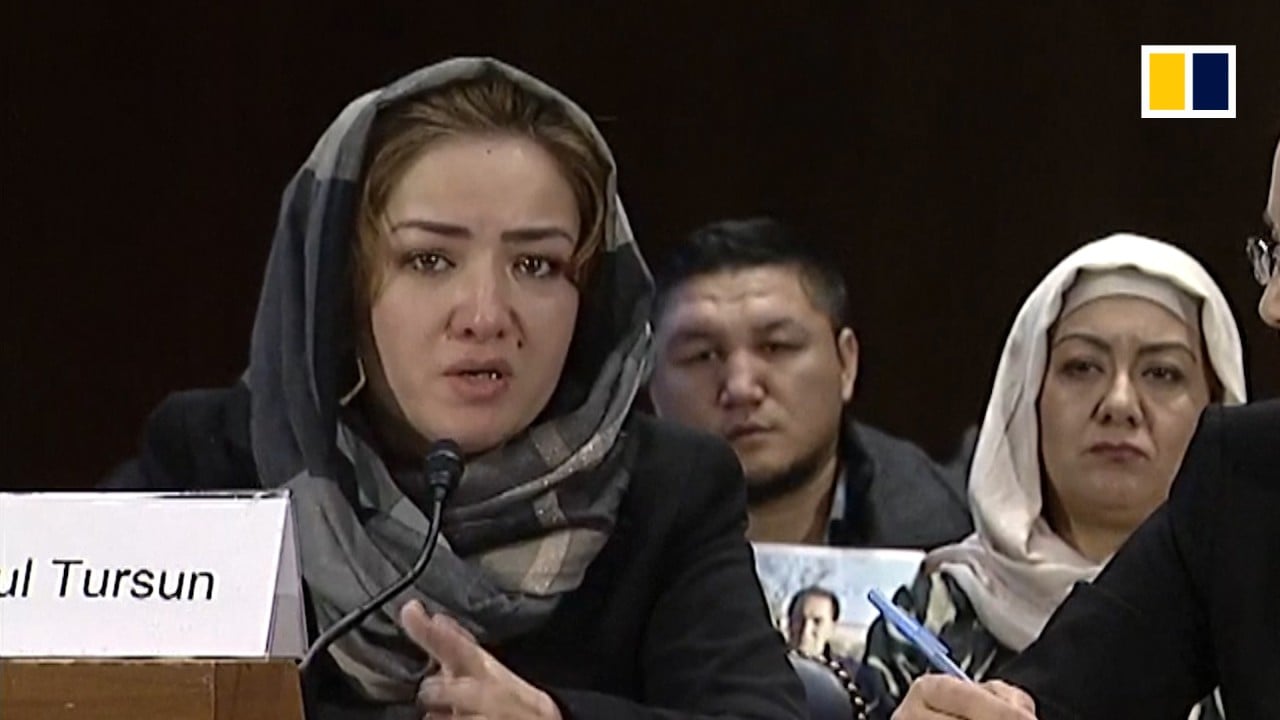US sanctions Chinese government officials over treatment of Uygurs in Xinjiang
- Those barred from entering the US include Xinjiang party secretary Chen Quanguo and Xinjiang Public Security Bureau director Wang Mingshan
- The move is the latest in a series of actions the Trump administration has taken against Beijing

The US government has announced sanctions on Chinese officials it deems responsible for human rights abuses against ethnic minorities in the country’s Xinjiang Uygur autonomous region (XUAR), pressuring Beijing further on one of many issues that have roiled the bilateral relationship.
The sanctions specifically name XUAR party secretary Chen Quanguo and three other top officials of the region’s leadership, as well as other unidentified people “believed to be responsible for, or complicit in, the unjust detention or abuse of Uygurs, ethnic Kazakhs and members of other minority groups in Xinjiang”, US Secretary of State Mike Pompeo said on Thursday.
“The United States will not stand idly by as the [Chinese Communist Party] carries out human rights abuses targeting” these groups, he added, citing “forced labour, arbitrary mass detention and forced population control, and attempts to erase their culture and Muslim faith”.

02:08
Uygur woman describes torture in China’s Xinjiang ‘vocational training’ camps
Chen is the highest ranking Chinese official to be sanctioned by the US government, a sign that Pompeo is matching his sharp rhetoric against China with action. Chen is a member of the 25-member Politburo, the peak of the Communist Party’s leadership. His rank is higher than Pompeo’s Chinese counterpart Wang Yi.
“The US govt has crossed another ‘red line’ by sanctioning top Chinese … officials. I think leading CCP figures will be calling their (foreign) lawyers to make sure their assets (if they have any) are going to be outside the US, just in case,” Julian Ku, a law professor at Hofstra University in New York, said in a Twitter post. “Few foreign leaders have their personal assets in China, so it is hard for China to retaliate.”
Before his role in Xinjiang attracted Washington’s attention, Chen was the party chief in Tibet, another region with a history of violence and uprisings against Beijing’s rule.